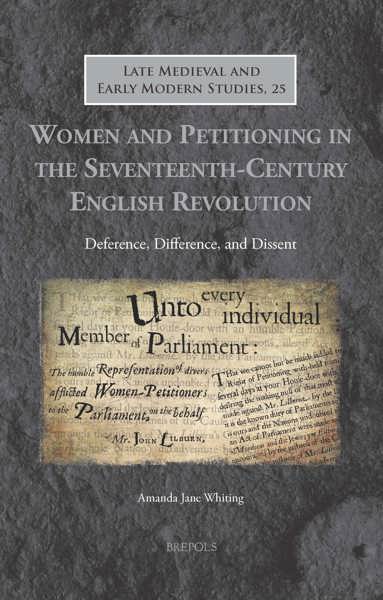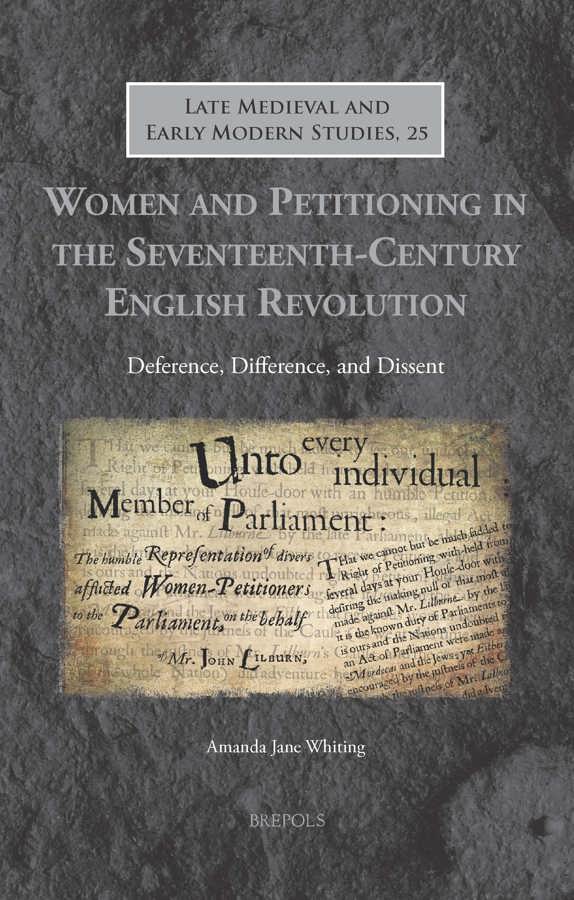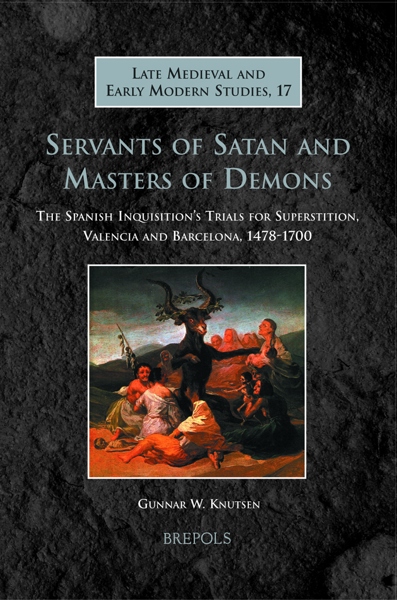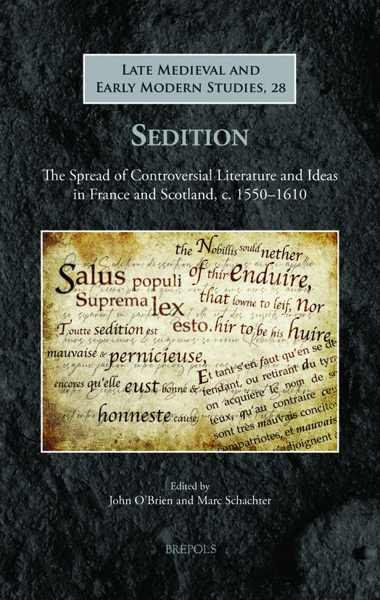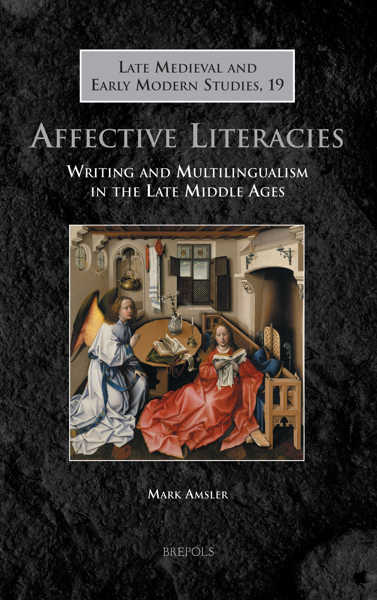
Women and Petitioning in the Seventeenth-Century English Revolution
Deference, Difference, and Dissent
Amanda Jane Whiting
- Pages: 368 p.
- Size:156 x 234 mm
- Language(s):English
- Publication Year:2015
- € 110,00 EXCL. VAT RETAIL PRICE
- ISBN: 978-2-503-54778-7
- Hardback
- Available
- € 110,00 EXCL. VAT RETAIL PRICE
- ISBN: 978-2-503-57200-0
- E-book
- Available
This book explores the genre and gender of petitioning in early modern English political culture.
“Amanda Whiting’s well-written book provides many insightful observations on the content and internal tensions in female petitioning in mid-seventeenth-century England. (…) I strongly commend the book.” (David Zaret, in Renaissance Quarterly, LXIX/4, 2016, p. 1529)
“Whiting’s contextualisation of the petition entitled Women’s Remonstrance (c. 1647–48), not previously the subject of analysis, makes an original contribution to this field, and her work as a whole offers a comprehensive and insightful overview of the linguistic and social construction of the petitionary mode, and identifies the influential role gender played in the composition of petitions during the English Civil Wars and Revolution.” (Jane Bitomsky, in Parergon, 33/1, 2016, p. 256)
“Whiting’s central arguments on the legal context of women’s petitioning have something interesting to offer on the relationship between deference, gender and political agency (…) her study (…) provides an interesting counterpoint to the histories of female radicalism during the English Civil Wars.” (Naomi Pullin, in The English Historical Review, 560/2, Feb. 2018, p. 185)
During the English Civil Wars and Revolution (1640–60), the affairs of Church and State came under a crucial new form of comment and critique, in the form of public petitions. Petitioning was a readily available mode of communication for women, and this study explores the ways in which petitioning in seventeenth-century England was adapted out of and differed from pre-Revolutionary modes, whilst also highlighting gendered conventions and innovations of petitioning in that period.
Male petitioning in the seventeenth century did not have to negotiate the cultural assumptions about intellectual inferiority and legal incapacity that constrained women. Yet just because women did not claim separate (and modern) women’s rights does not mean that they were passive, quiescent, or had no political agency. On the contrary, as this study shows, women in the Revolution could use petitioning as a powerful way to address those in power, precisely because it was done from an assumed position of weakness. The petition is not simply a text, authored by a single pen, but a series of social transactions, performed in multiple social and political settings, frequently involving people previously excluded from participation in political discussion or action. To the extent that women participated in collective petitioning, or turned their individual addresses into printed artefacts for public scrutiny, they also participated in the public sphere of political opinion and debate.
Preface and Acknowledgements
Chapter 1. ‘But why do I trouble you about petitions?’
Chapter 2. ‘Some women can shift it well enough’: A Legal Context for Understanding the Women Petitioners of the Seventeenth-Century English Revolution
Chapter 3. ‘Your distressed handmaid’: A Survey of Women’s Published Petitions, 1642–60
Chapter 4. Between Deference and Defiance: The Rhetoric of Petitioning
Chapter 5. ‘Our oppressions are too many and great for us’: Reading the Women Petitioners of the English Revolution (I)
Chapter 6. ‘Women were never so useful as now’: Reading the Women Petitioners of the English Revolution (II)
Conclusion
Bibliography
Index
